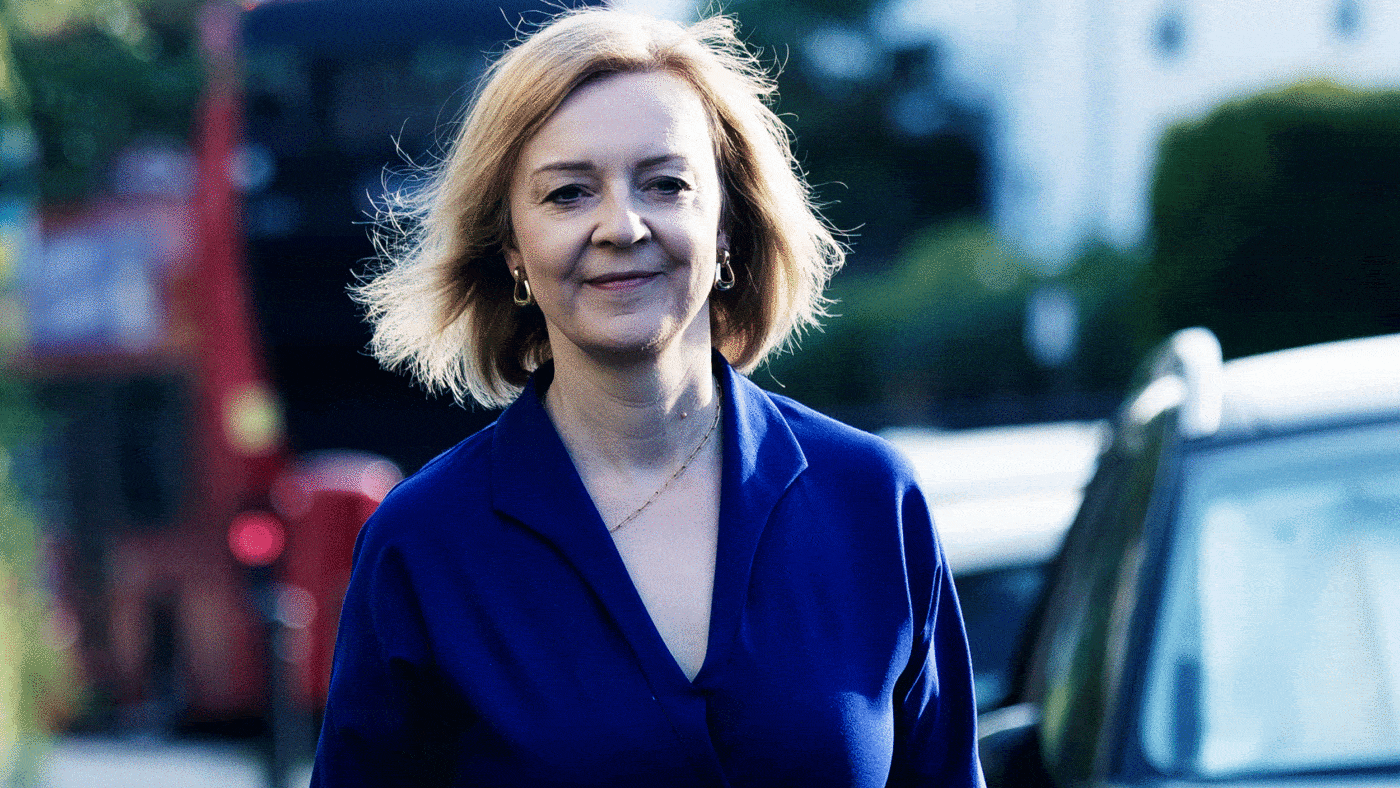So far, the policy side of the Conservative leadership contest has been underwhelming. Both candidates have stuck to a narrow range of topics – plus a lot of mudslinging – rather than setting out a broad, ambitious programme for the 2020s.
Once again, education is one of the issues which has largely fallen by the wayside. Rishi Sunak has recently forayed into university policy with his proposal to ban Confucius Institutes, but neither has had much to say about schools.
Well, not about school policy, at least. Liz Truss has actually leant quite heavily on her own schooling.
Much of this has not been particularly edifying. It is hard to respect the dissonance between her own lukewarm words about Sunak’s Winchester education in the debates and the snarling tone of her campaign proxies. There are definitely things the Conservatives should do to improve the private education sector – I’ve written about them before – but just bashing the schools themselves, Labour-style, isn’t it.
It is also a stretch to pretend that having gone to a state school makes you more qualified for the job of prime minister – especially if you are also claiming that a big part of what brought you into politics is that the school you went to was not very good.
This latter claim has seen Truss attacked on two fronts. First, there are people who insist that the school she attended was fine, actually, and claim she is over-egging the problem to give herself a more compelling political narrative. Then there are the self-satisfied denizens of Twitter who point out that she went to school under Conservative governments, which supposedly makes her eventual decision to join the Tories perverse.
Yet whilst there is definitely an angle for indicting the Tories there, it is not the one the Foreign Secretary’s opponents have chosen to attack her on.
As Robert Peal set out in his excellent book, Progressively Worse, the march of ‘bad ideas’ through Britain’s educational institutions was a decades-long process that took place under successive governments of both parties. It also took place in an environment which originally had high levels of school autonomy, and latterly saw schools come under the authority of the infamous Local Education Authorities (LEAs).
It is therefore nonsense to frame Truss’s point as Andy Burnham does: ‘My schooldays were ruined by Margaret Thatcher. But I want to be like Margaret Thatcher’. Unlike economic or industrial policy, the Conservative governments of the 1980s did not herald a massive sea change in how schools were run.
The Foreign Secretary could not have been the victim of some grand Thatcherite educational experiment, because no such experiment took place. In the schools, teacher training colleges, LEAs, and inspectorates, the right of the Black Papers was in retreat and progressive theory and practice was in the ascendant.
It is therefore not remotely implausible that someone could come through that system and end up a Conservative, with or without a youthful detour via the Liberal Democrats.
But it does mean that Truss’s regular invocations of Thatcher ought to come with some qualifications, because there is no doubt that the Iron Lady, like most Tory prime ministers before or since, neglected education and failed to recognise it as one of the most important battlefields for shaping the future of the nation.
This would add some much-needed nuance to the Foreign Secretary’s public association with Thatcher, which on occasion strays close to cosplaying. It would also be an obvious peg for moving the debate onto education policy.
So far, alas, we have instead merely got reheated covers of the original Eighties hits: controlling the money supply and facing down the unions. These may or may not be good policies, but it would be quite surprising if the problems of the 2020s had the same answers as those of 40 years before.
Click here to subscribe to our daily briefing – the best pieces from CapX and across the web.
CapX depends on the generosity of its readers. If you value what we do, please consider making a donation.


